The role of artificial intelligence in art has recently solidified with the growth of AI image generators, such as DALL-E, known for generating surreal and sometimes hilarious images. However, despite this newfound popularity, some are starting to fear the loss of creativity and livelihoods of artists.
Artificial intelligence is slowly seeping into many aspects of daily lives, especially daily interaction with different art forms. Now, it’s common to see artificial intelligence generate paintings and photos solely based on keywords input into the program. Moreover, it is possible to search for AI-generated covers of songs featuring an artist of choice or have an artificial intelligence mix and master recordings. And any newfound curiosity is accompanied by developments and drawbacks.
Some, like senior Riley Maurer, argue that AI could be a source of inspiration for artists. “It’s like if they have kind of an idea, but they don’t know exactly what they want to do [with] it, they could probably use it to brainstorm and then create something from that,” she said. She believes that as long as the AI program is not doing all the work, the artist would still be creating a work of their own because they would still be involved in the process in one way or another.
Although AI can bring about creativity and new inspirations in various art forms, there is a fine line between using AI as an occasional tool and becoming entirely reliant on it, which is why Orchestra Teacher Lucas Shogren is hesitant about its growing popularity. “What I get nervous about is that all of a sudden, the technique of art goes away because people are relying too much on technology to create these things,” Shogren said. Since the U.S. is a society where monetization is the end goal, Shogren worries that AI is starting to shift the focus of art toward quantity instead of quality, which could push AI to become more than just a tool. “I think my biggest concern is what is the end destination for this? Are people going to lose the ability to think for themselves and actually create something that has more meaning?” said Shogren.
In addition to the potential loss of creativity, these new artificial intelligence programs introduce a threat to the art industry, much like how people think robots pose a threat to white-collar workers. And that is something Jim Bias, art teacher, is concerned by. “I don’t like the idea of it being something that is going to replace a lot of people that are in the art industry. So that really makes me nervous. So I think there’s going to be probably more of a movement away from things that are created by hand,” Bias said. Because of this, Bias feels that the physical act of creating art and bringing your ideas and inspirations to life will slowly lose meaning, hence detracting from creativity.
Senior Amelia Lee agrees but believes that the outcomes are not as hopeless as it seems. “I feel like it might become an issue, but at the same time, art has the human aspect that’s really hard to replicate,” she said.
Also, there is no denying that the use of artificial intelligence is faster and more efficient in the long run, and in some cases, for artists as well. “You know, as far as what I’ve seen […] as far as in production, I know there’s AI that can do a mastering for you. I know there’s AI that can do some mixing for you. There’s AI that can take a song and pull out the different instruments from a certain mix,” Shogren said. Shogren believes that, as a producer, such tools can be helpful when working with music because of how accessible and immediate the process is.
Despite the varying viewpoints, artificial intelligence is slowly growing in importance. So, much like how society has integrated the shift from CDs and physical albums to online streaming platforms and embraced the ever-changing definition of art, people are starting to question the role of artificial intelligence in it all. Artificial intelligence could create challenges for artists, pushing them to doubt whether their skill sets or they, as artists, are needed. Conversely, artificial intelligence can introduce fresh skills and developments to the arts. The key is to find a balance between innate human passion and the evolution of technology.


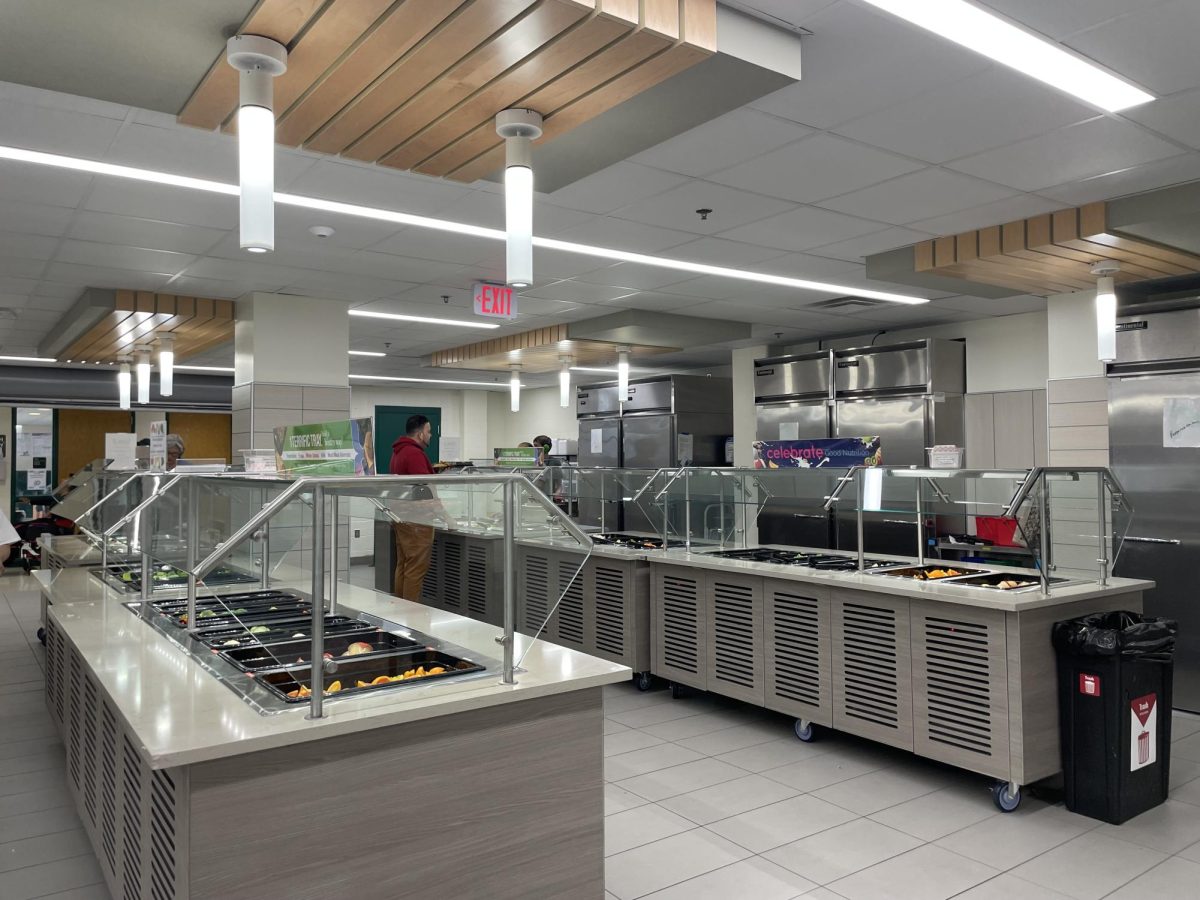
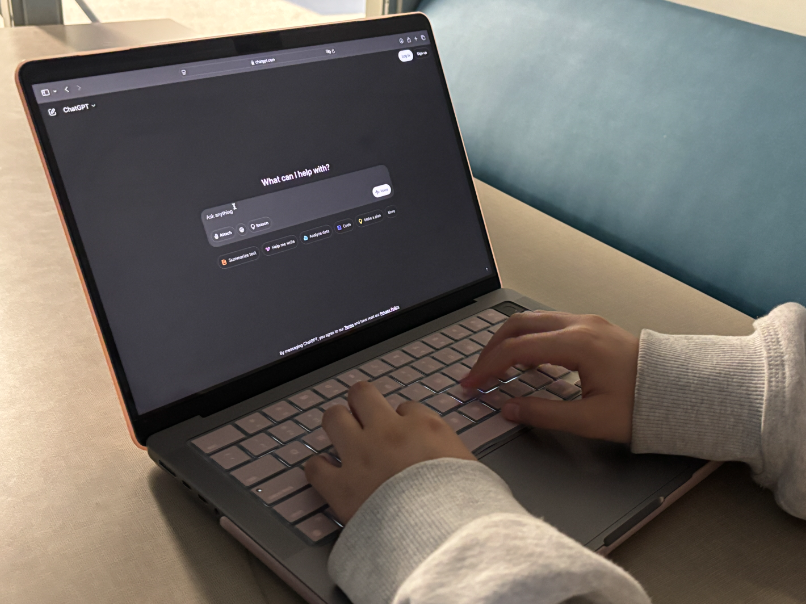


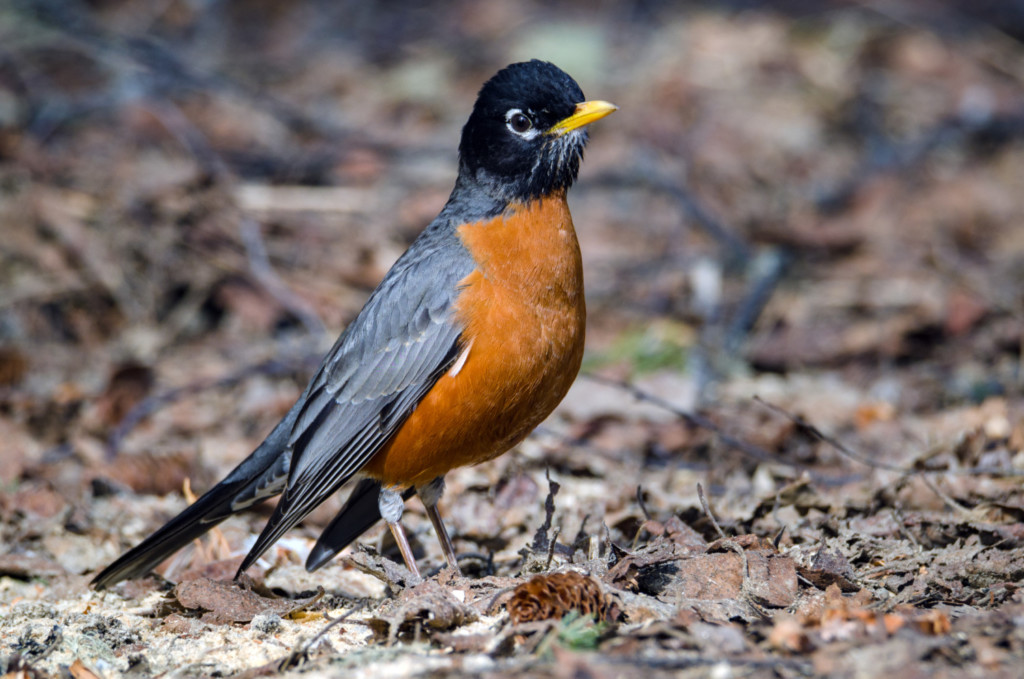







![[DEBATES] Prestigious colleges: value or hype?](https://www.mvviewer.org/wp-content/uploads/2024/12/buildings-1200x654.png)
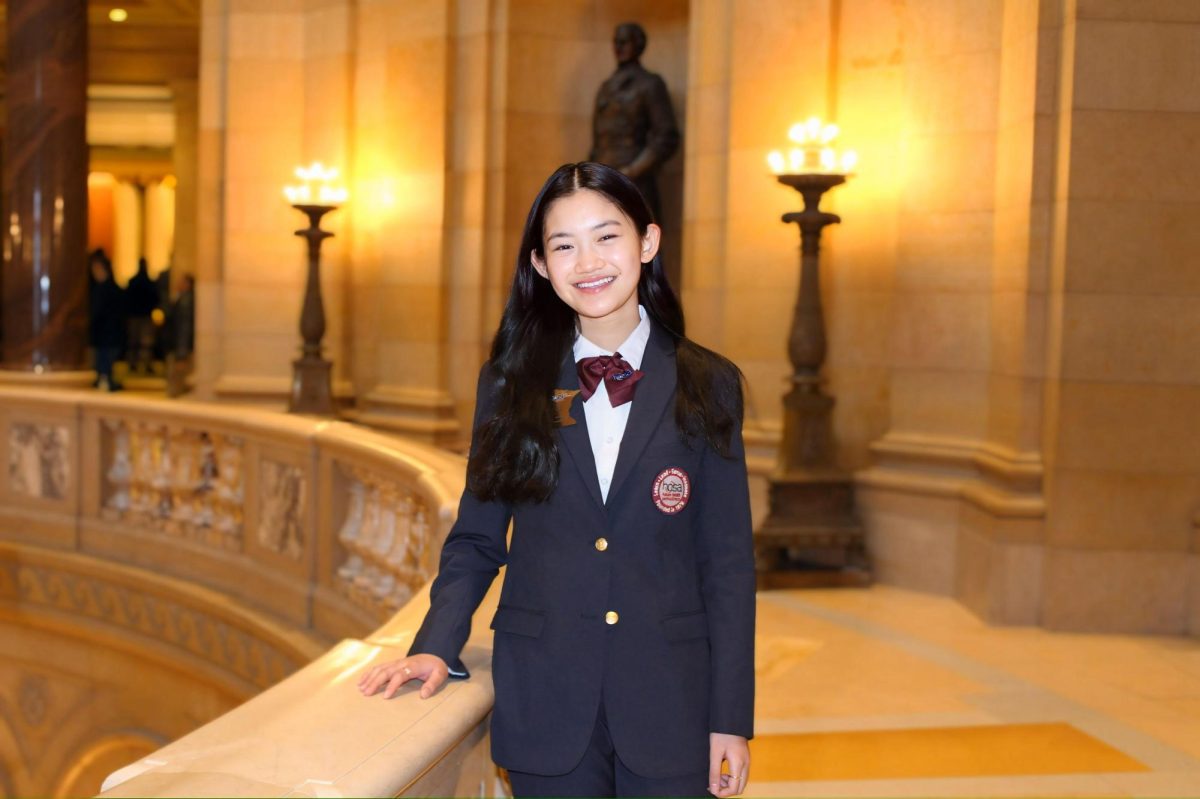

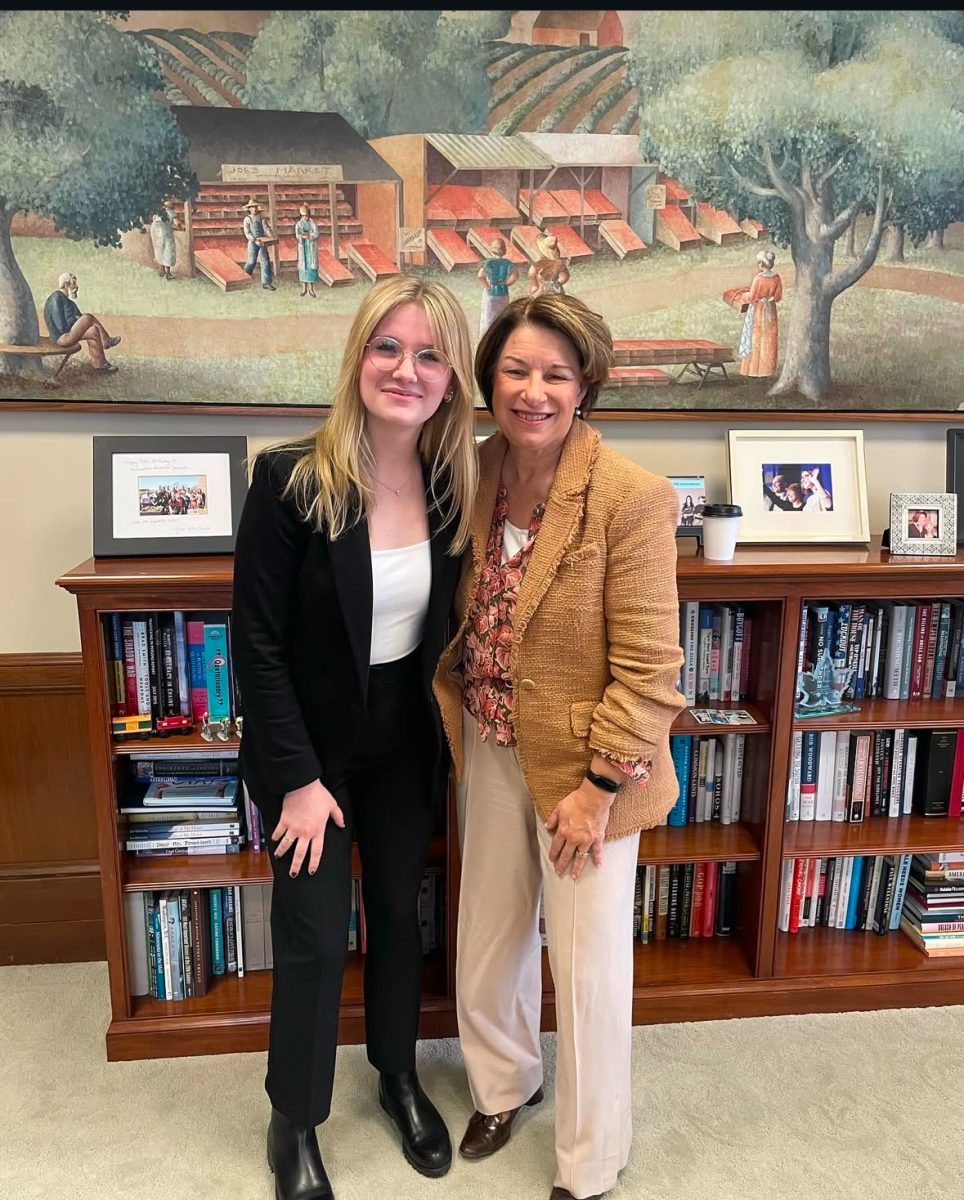
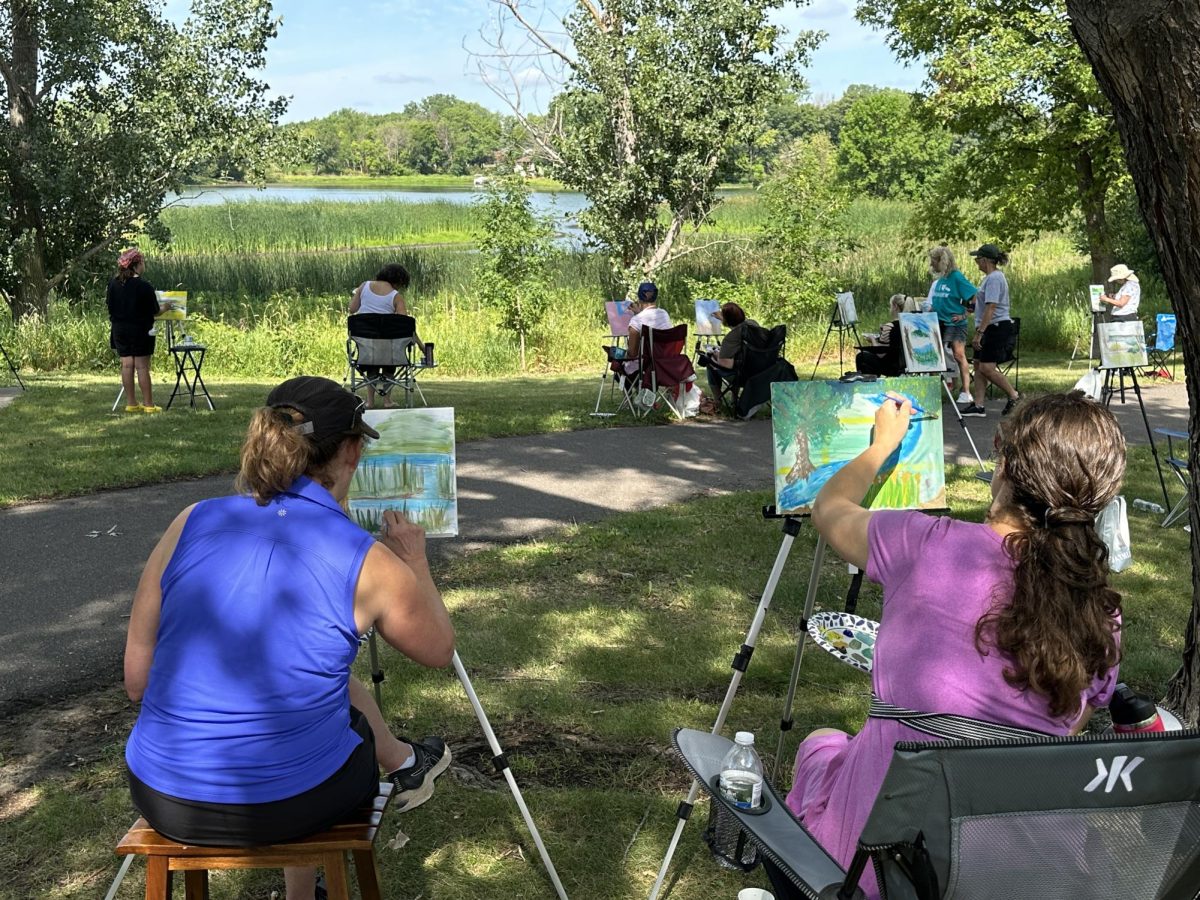
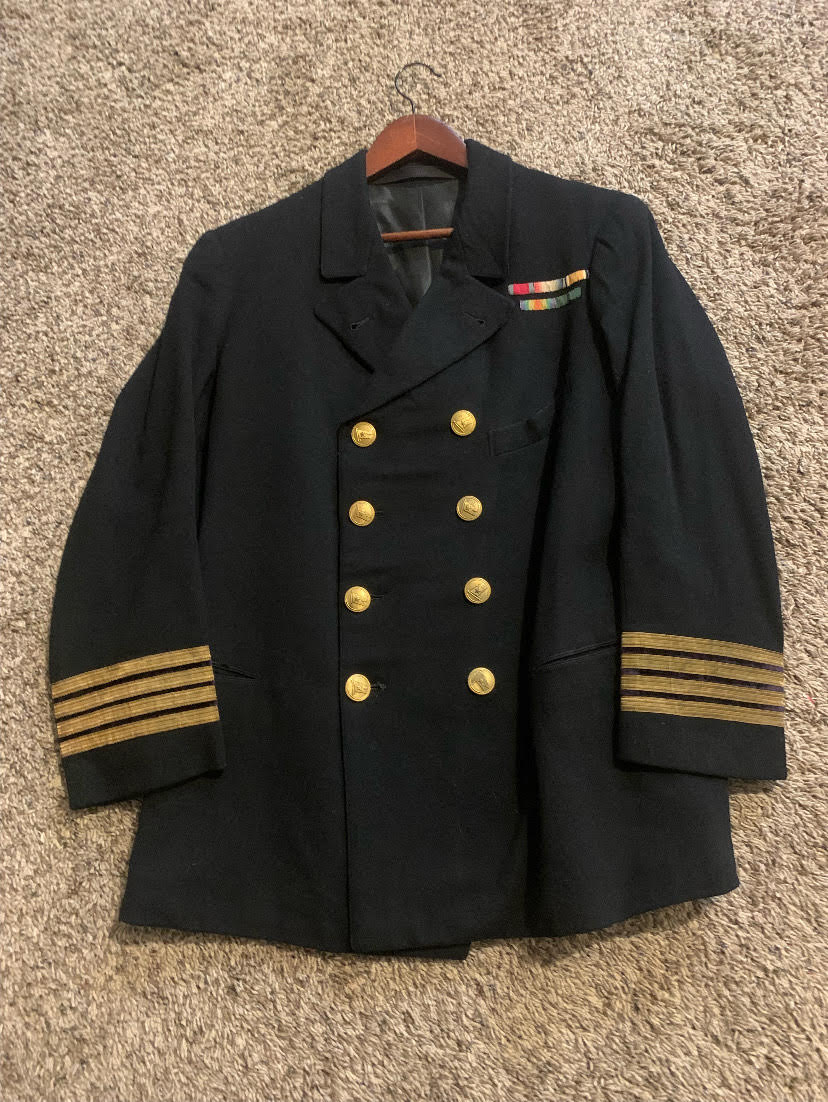

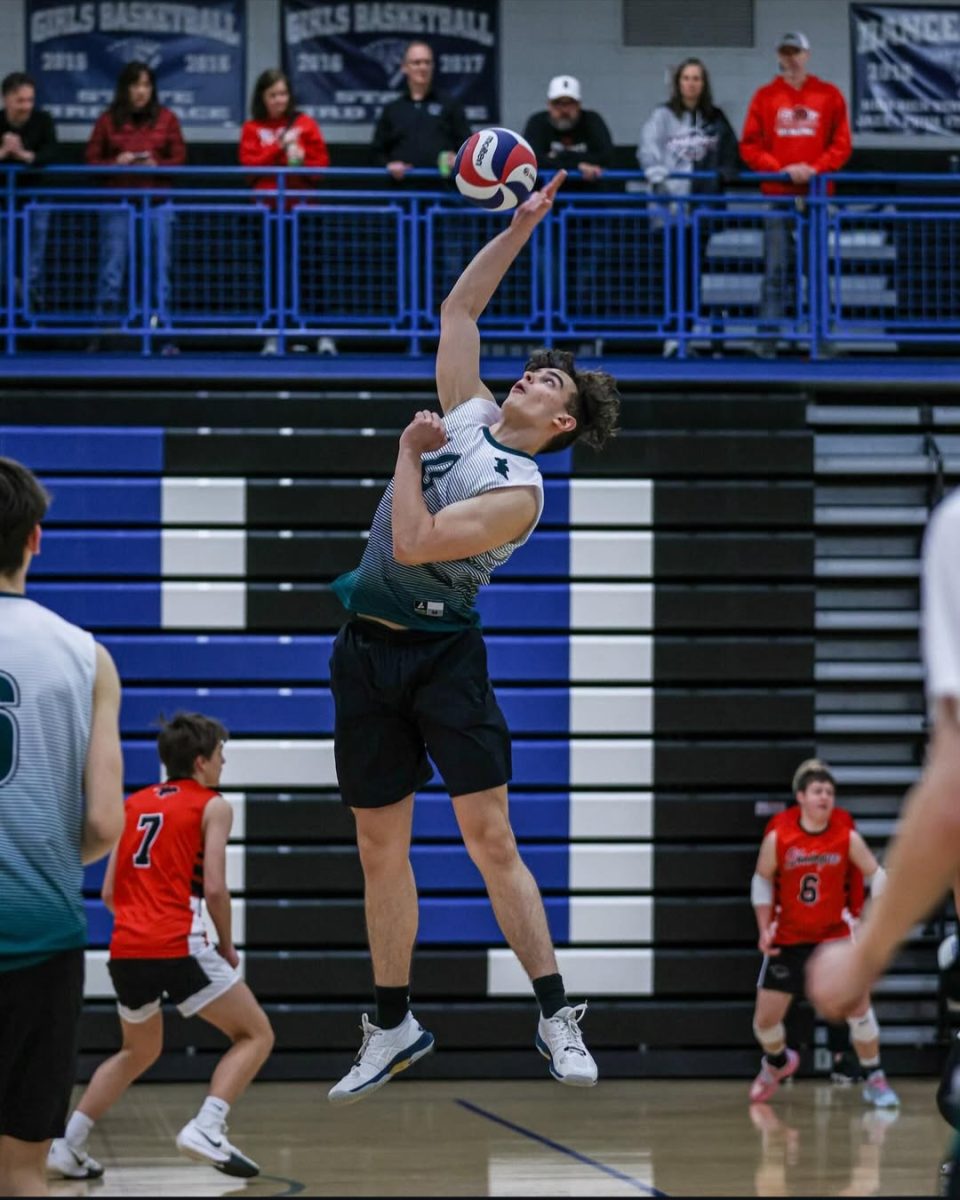
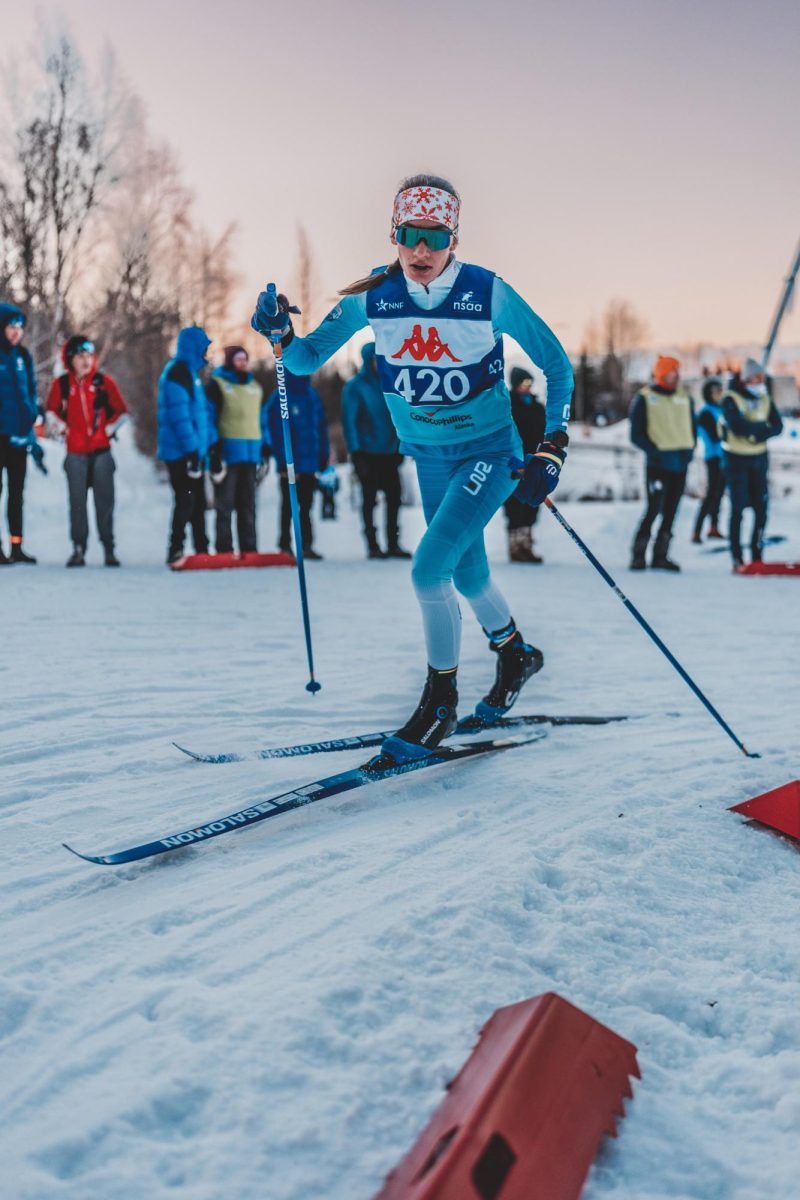


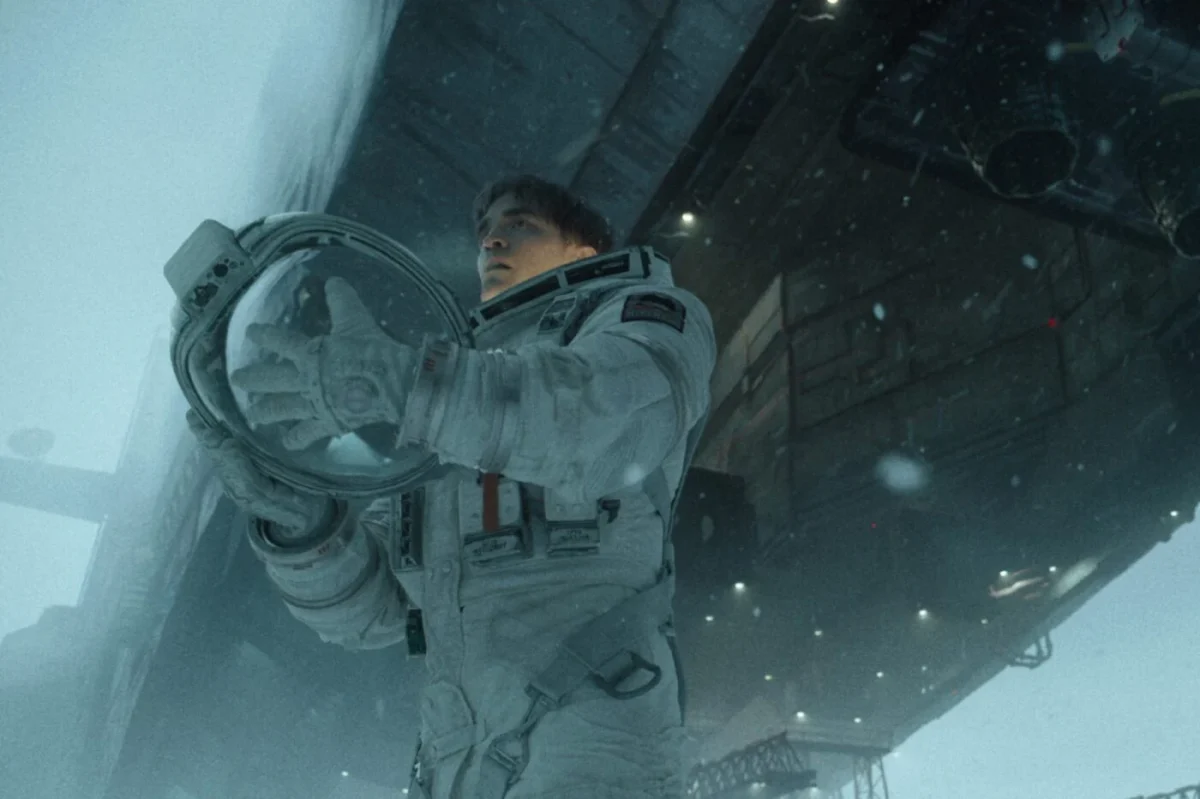
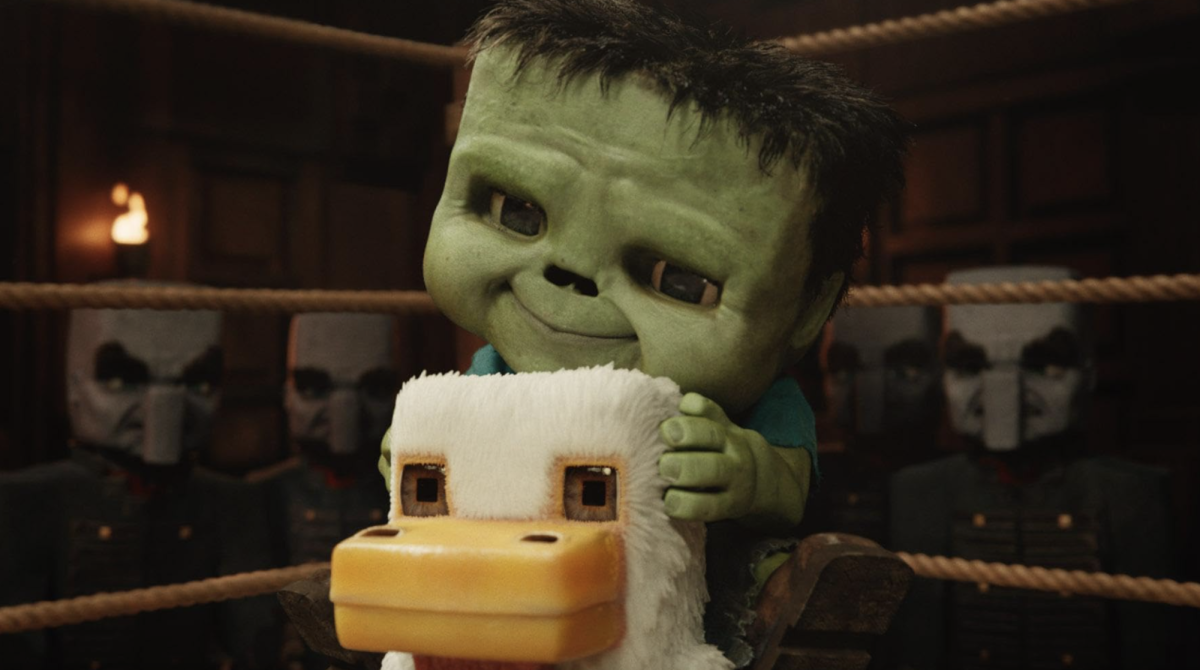
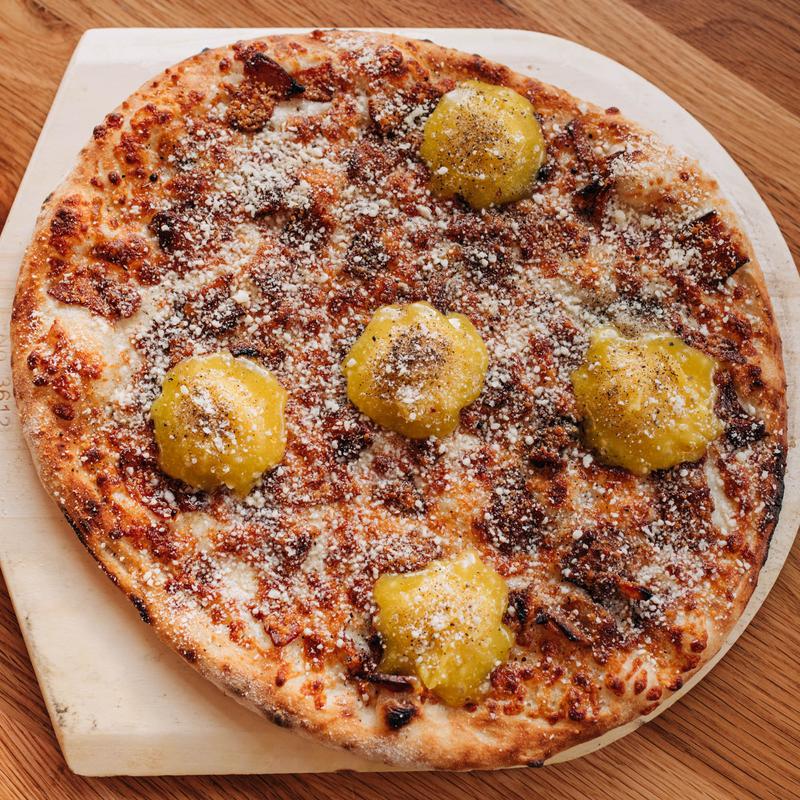














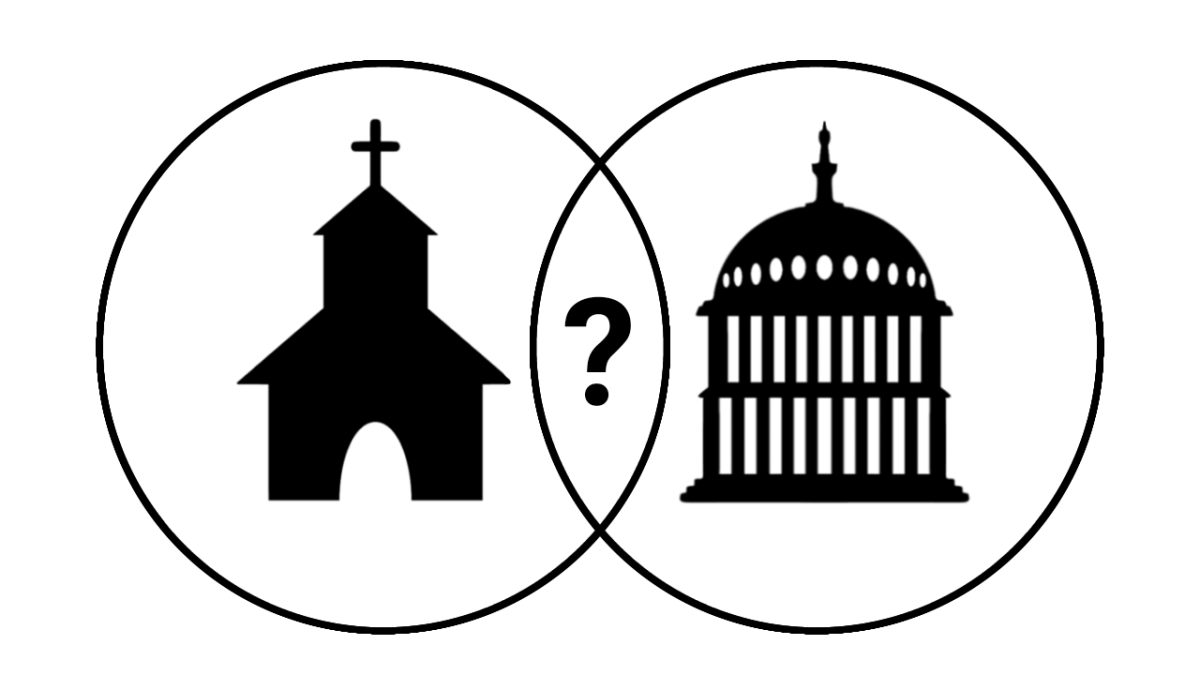



![[OPINION] The dark origins of TikTok's looksmaxxing trend](https://www.mvviewer.org/wp-content/uploads/2024/02/Copy-of-Copy-of-Untitled-Design-1200x675.png)


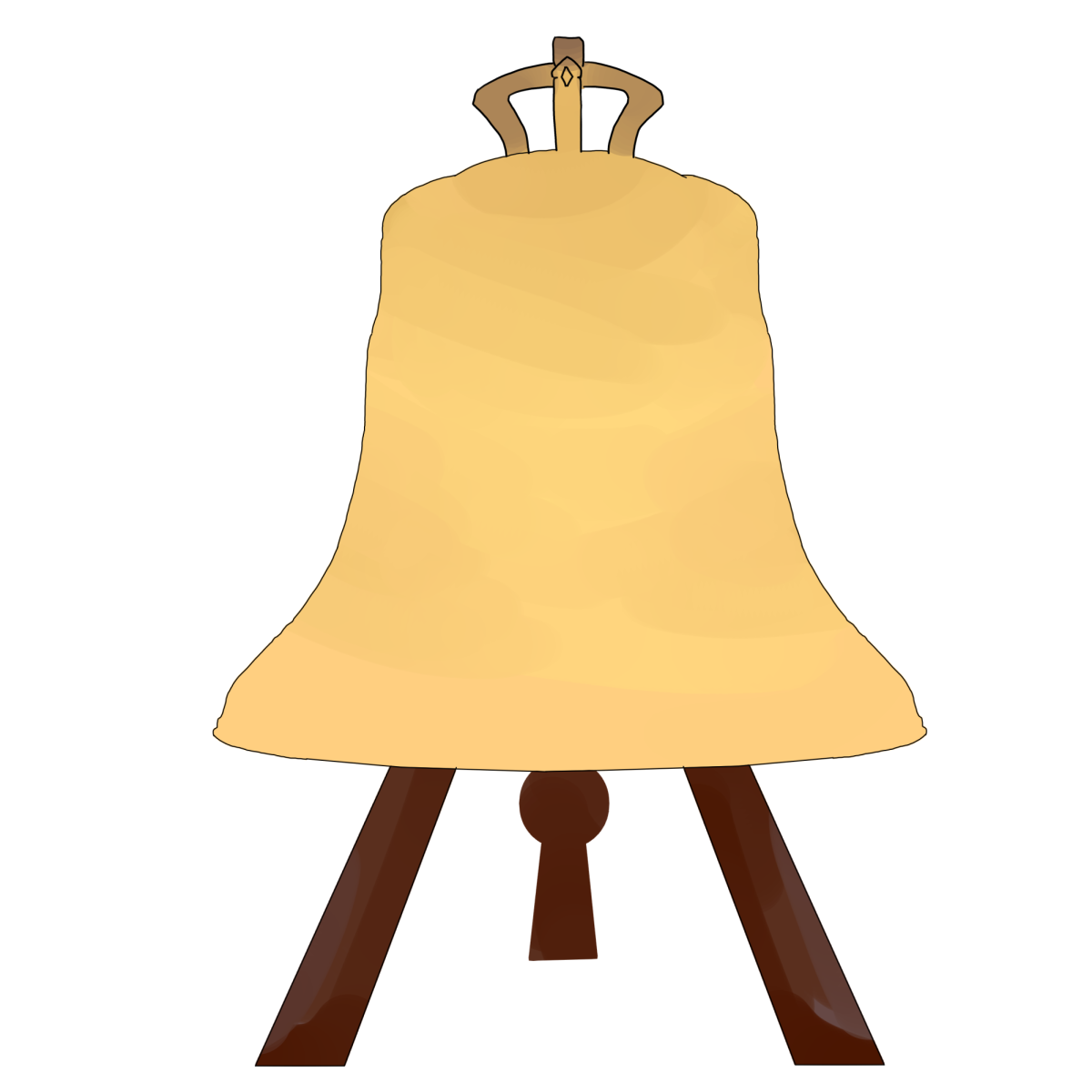






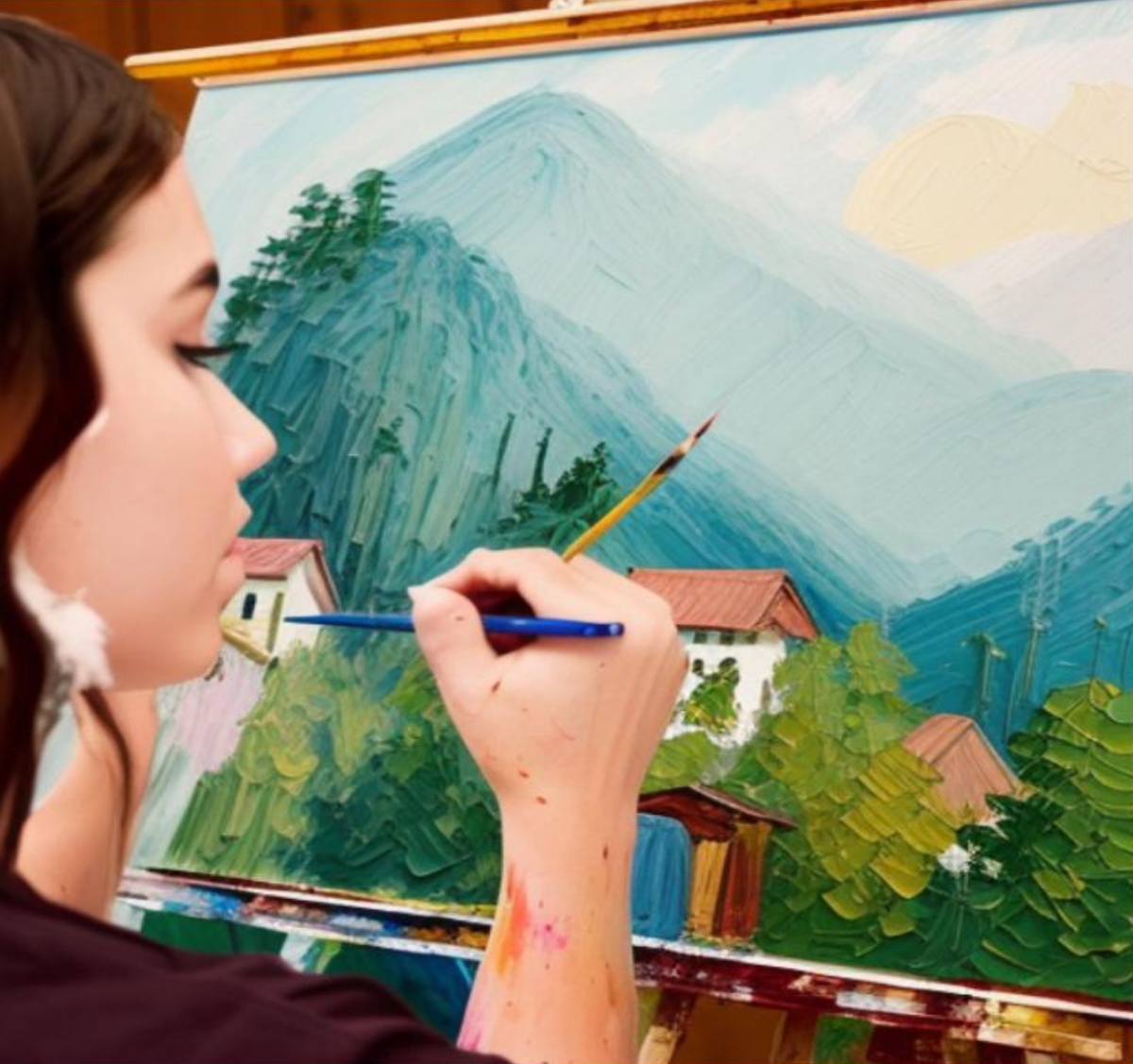
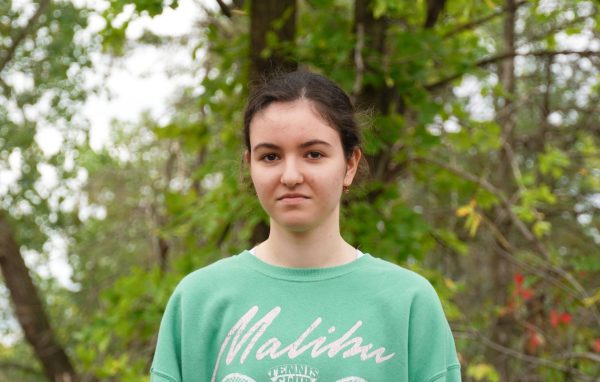
Alan McCaig • Mar 22, 2024 at 9:02 am
didn’t the skewer write about this a while back…?